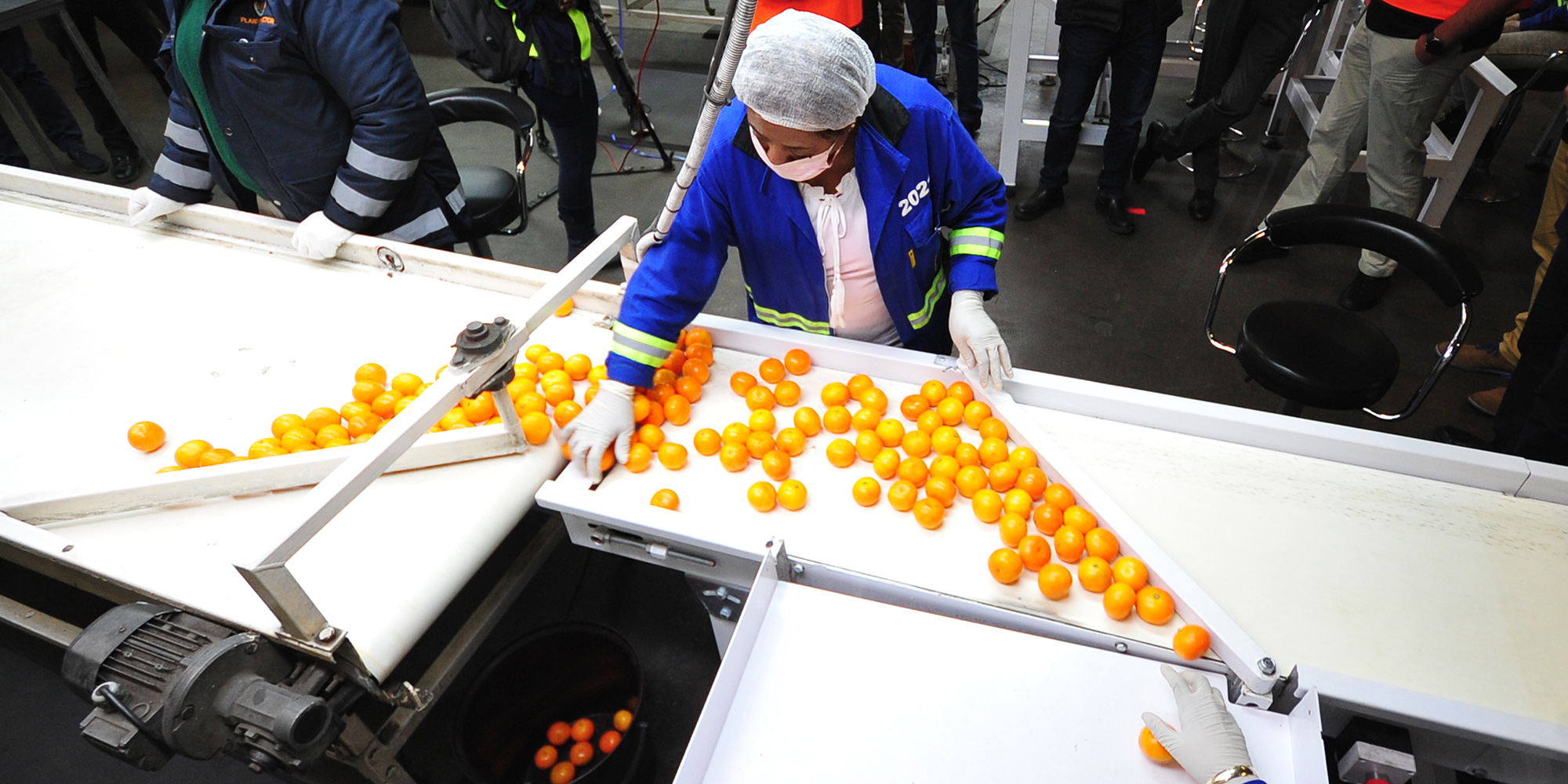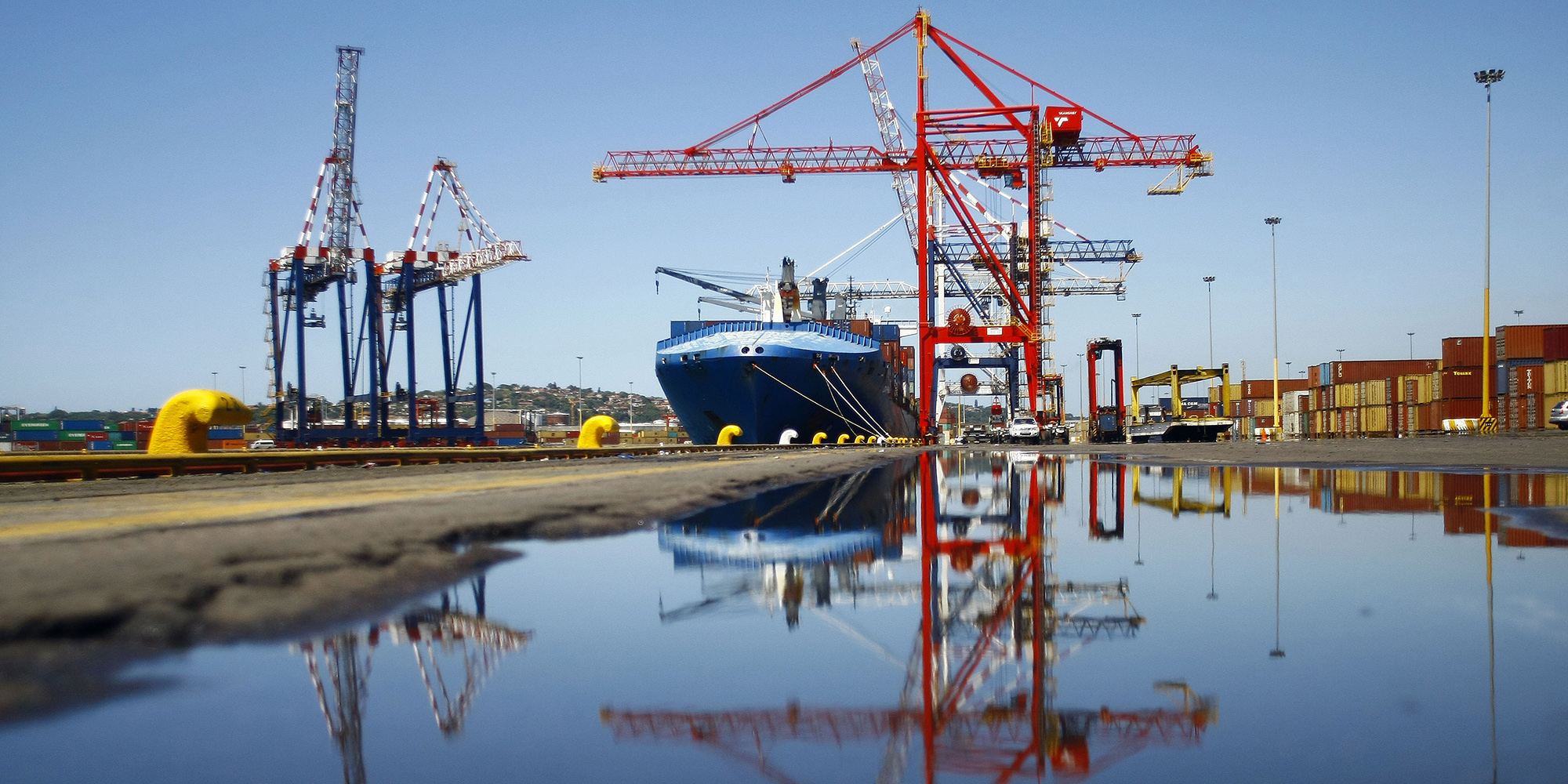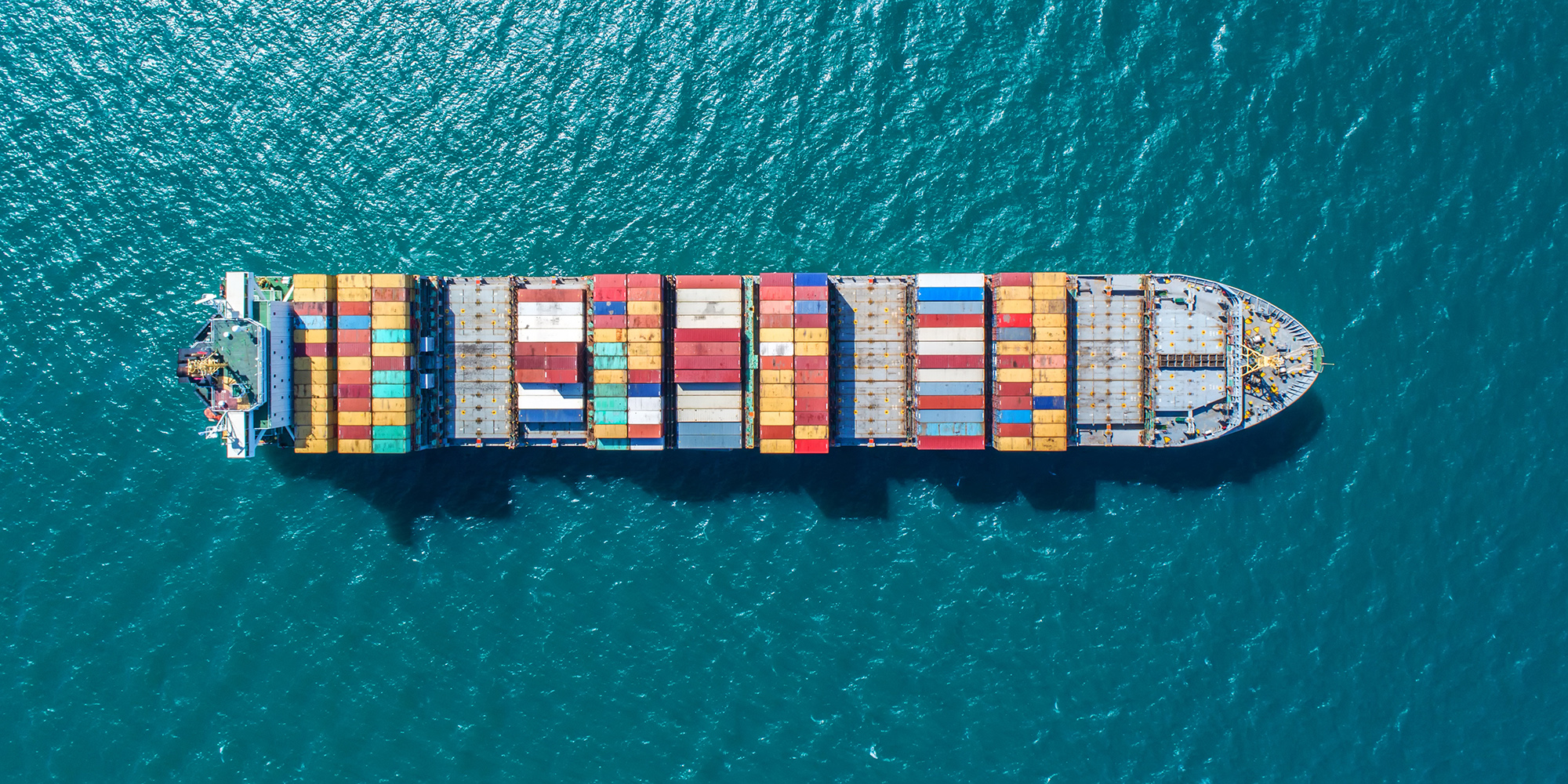Does your company have solid due diligence and sustainability policies? Are your standard precedent agreements geared for a world in which sustainability is the focus?
If not, be warned, because the European Commission last month adopted a proposal allowing the European Union (EU) to indirectly regulate the affairs of non-EU companies that do business in the EU up to specified thresholds.
Crucially, this also includes companies throughout the value chain of a regulated enterprise, no matter where in the world they may be.
Although this directive on corporate sustainability due diligence is not yet binding with legal obligations, affected companies in South Africa that export into the EU should take urgent note of the developments, because change is on the horizon.
South African companies most affected by the directive will be those that generate either a net turnover of more than €150-million in the EU, or a net turnover of more than €40-million in the EU and at least 50% of its net worldwide turnover in one of the following sectors:
- The manufacture of textiles, leather and related products (including footwear), and the wholesale trade of textiles, clothing and footwear;
- Agriculture, forestry, fisheries (including aquaculture), the manufacture of food products, and the wholesale trade of agricultural raw materials, live animals, wood, food, and beverages; and
- The extraction of mineral resources regardless of where they are extracted (including crude petroleum, natural gas, coal, lignite, metals and metal ores, as well as all other, non-metallic minerals and quarry products), the manufacture of basic metal products, other non-metallic mineral products and fabricated metal products (except machinery and equipment), and the wholesale trade of mineral resources, basic and intermediate mineral products (including metals and metal ores, construction materials, fuels, chemicals and other intermediate products).
If your company meets these criteria, then you will have to conduct human rights and environmental due diligence which satisfy the requirements of the directive.
 A general view during a visit to the port of Durban to see off the first shipment of South African citrus to the Philippines on June 08, 2021 in Durban, South Africa. (Photo: Gallo Images/Darren Stewart)
A general view during a visit to the port of Durban to see off the first shipment of South African citrus to the Philippines on June 08, 2021 in Durban, South Africa. (Photo: Gallo Images/Darren Stewart)
Be aware that even if these thresholds are not met directly, companies that have existing business relationships with EU enterprises that are subject to the directive’s due diligence obligations could also be indirectly affected.
This is because operations throughout the value chain of the regulated enterprise will be scrutinised in a cascading manner, irrespective of which country they are in.
As the world wakes up to the full possible legal implications of sustainability-related risks, including physical, liability and transition risks, many standard precedent terms will need to be rewritten with sustainability in mind.
The EU Commission will be publishing guidance about voluntary model contract clauses to help companies comply with their due diligence requirements through their value chains. In the meantime, the directive recognises the need for contractual precedent banks to be developed and made available to allow for the anticipated transition.
One such precedent bank is The Chancery Lane Project (TCLP), which was launched in London in 2019 and has since expanded to other jurisdictions including Australia, China, Ireland, Japan and the US, as well as parts of Asia Pacific, Europe and Latin America.
This formidable open-source sustainability clause precedent bank is a collaborative effort by more than 2,000 legal professionals from around the world whose aim is to support parties in the transaction sector with contracts that reduce risk and enable solutions to sustainability issues, such as climate change.
Almost 300 organisations are part of it, including the top 25 UK law firms and many of the top 25 US law firms with UK offices.
More than 100 clauses published on the TCLP website have been viewed and downloaded in over 100 countries. This enthusiastic uptake of its clauses globally is a clear indicator of the contractual shift that is taking place to integrate sustainability considerations into corporate precedents.
The TCLP’s clauses are subjected to a meticulous peer-review quality control process before publication on their website. We at ENSafrica are beginning to make use of the TCLP clauses and we have also participated in TCLP drafting workshops.
TCLP clauses are generally written for the UK market. We, therefore, adapt the clauses by taking country-specific laws and each client’s unique context into account.
As momentum builds towards the 27th UN Climate Change Conference in Egypt later this year, many companies have shown support for the “race to net zero” by making net-zero pledges. In fact, nearly 70% of organisations globally have publicly committed to a net-zero target across their value chains by 2050.
Crucially, many of these organisations have supply chains and business partners who contribute to their emissions and therefore determine whether or not they achieve their net-zero target.
The TCLP provides useful clauses that “back-to-back” or align a business’s net-zero target with its supply chain and business partners, enabling the business to achieve its net-zero target.
Where relevant, it is important to have contractual provisions in supply chain agreements to ensure that carbon taxes down the supply chain are reduced as much as possible by using the available rebates or emission reduction measures.
This prevents costs imposed by the Carbon Tax Act from being accepted without mitigation and passed up the value chain.
 Gantry cranes sit above a container ship in the container terminal at the Port of Durban, operated by Transnet SOC Holdings Ltd.'s Ports Authority, in Durban, South Africa, on Wednesday, Oct. 28, 2015. (Photo: Kevin Sutherland/Bloomberg via Getty Images)
Gantry cranes sit above a container ship in the container terminal at the Port of Durban, operated by Transnet SOC Holdings Ltd.'s Ports Authority, in Durban, South Africa, on Wednesday, Oct. 28, 2015. (Photo: Kevin Sutherland/Bloomberg via Getty Images)
Standard contractual price adjustment clauses which are triggered by changes in law or tax rates do not normally oblige suppliers to make full use of allowances to reduce their carbon taxes and therefore the amounts which pass through to customers.
Useful precedents in this regard are available from the TCLP, whose supply chain cascade clauses are modified by our ESG legal experts to take local carbon tax considerations into account. DM
James Brand is Senior Associate in the Natural Resources and Environment Department of law firm ENSafrica. Mansoor Parker is Executive in the firm’s Tax Department.
[hearken id="daily-maverick/9303"]




 Gantry cranes sit above a container ship in the container terminal at the Port of Durban, operated by Transnet SOC Holdings Ltd.'s Ports Authority, in Durban, South Africa, on Wednesday, Oct. 28, 2015. (Photo: Kevin Sutherland/Bloomberg via Getty Images)
Gantry cranes sit above a container ship in the container terminal at the Port of Durban, operated by Transnet SOC Holdings Ltd.'s Ports Authority, in Durban, South Africa, on Wednesday, Oct. 28, 2015. (Photo: Kevin Sutherland/Bloomberg via Getty Images)